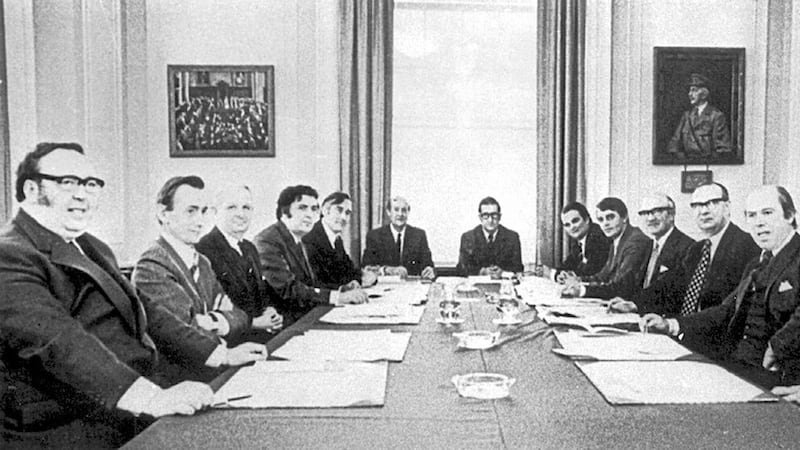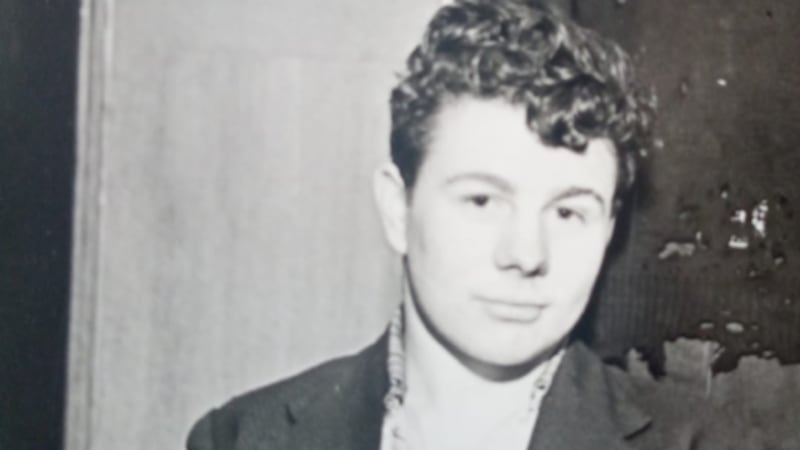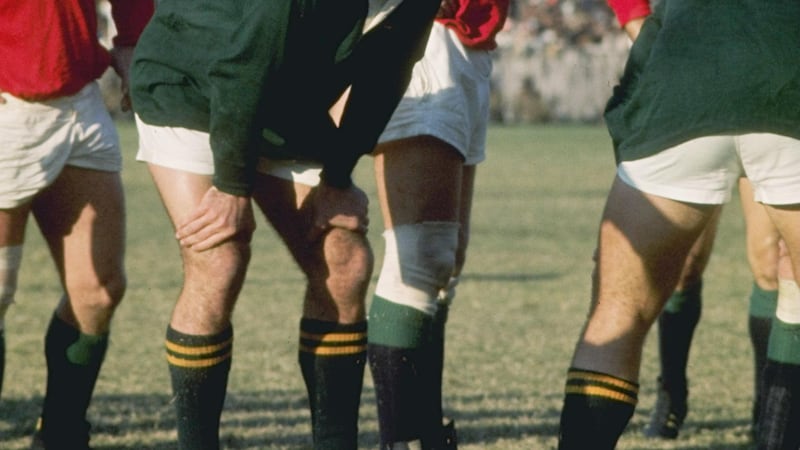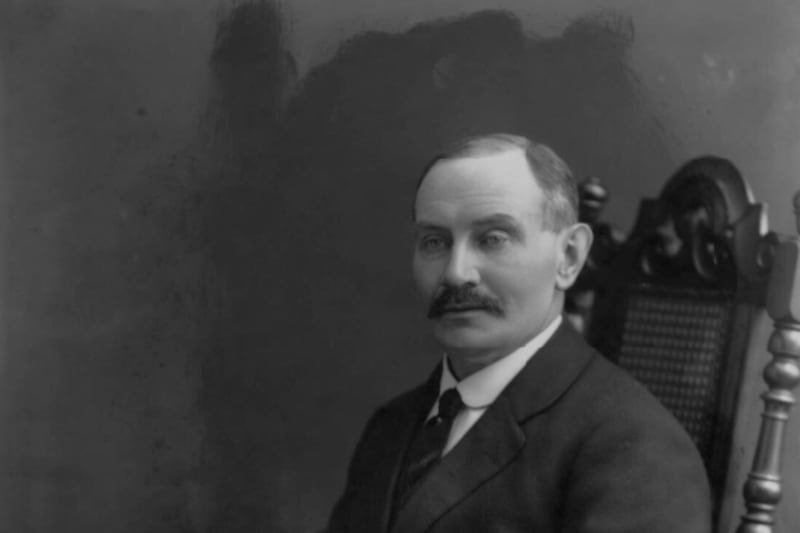October 6 1973
After talking for seven hours yesterday about forming a Northern Ireland Executive, SDLP, Unionist and Alliance assembly men said they had reached “some measure of agreement”. And they reached total agreement on the decision not to comment on their discussion.
Fifteen members of the three parties sat down together at 10.30am, in the old Cabinet room at Stormont Castle. They will all meet again on Tuesday and, on Monday, a small sub-committee will prepare a detailed programme for the second round of talks.
Yesterday the politicians discussed social and economic questions and it was decided that each party should state separately to the Secretary of State, Mr William Whitelaw, its attitude on more contentious issues such as policing, detention and a Council of Ireland.
Power Sharing 'Impossible'
The Orange Order last night again condemned the idea of a power-sharing executive, saying it was “impossible”.
The Central Committee of the Grand Orange Lodge of Ireland said in a statement that an executive formed of loyalists and anti-partitionists was contrary to the wishes of the overwhelming majority of the electorate.
The Orange Order called on the government to repeal the Northern Ireland Constitution Act to re-establish parity with British standards of democracy.
City has 60 bomb scares in one day
Hoax bomb calls brought Belfast city centre to a standstill several times yesterday and kept troops and police busy throughout the day and last night, sealing off areas and diverting traffic.
By last night, there had been close to 60 bomb scares, most of them resulting from phone calls to newspapers from men claiming to be members of the UFF and saying they had planted explosives because of yesterday’s three-party conference at Stormont, aimed at selecting an executive for the Northern Ireland Assembly.
Traffic was snarled up in the city yesterday afternoon after hoax calls about several bombs in the neighbourhood of Royal Avenue.
Outside the city seven bomb hoaxes at Carrickfergus railway station resulted in the cancellation of nine trains from the town and from Larne and Whitehead to Belfast. Four outward-bound trains from York Road Station, Belfast, were also cancelled.
Hundreds of commuters were late for work in the city. The “all clear” on the line was given after British Army technical officers found that suspect cylinders left on it at Carrick and on the station platform did not contain explosives.
As talks continued to form a power-sharing executive which culminated in the signing of the Sunningdale Agreement in December 1973, the Orange Order and loyalists increased the pressure to scupper the talks and prevent power-sharing from happening.








